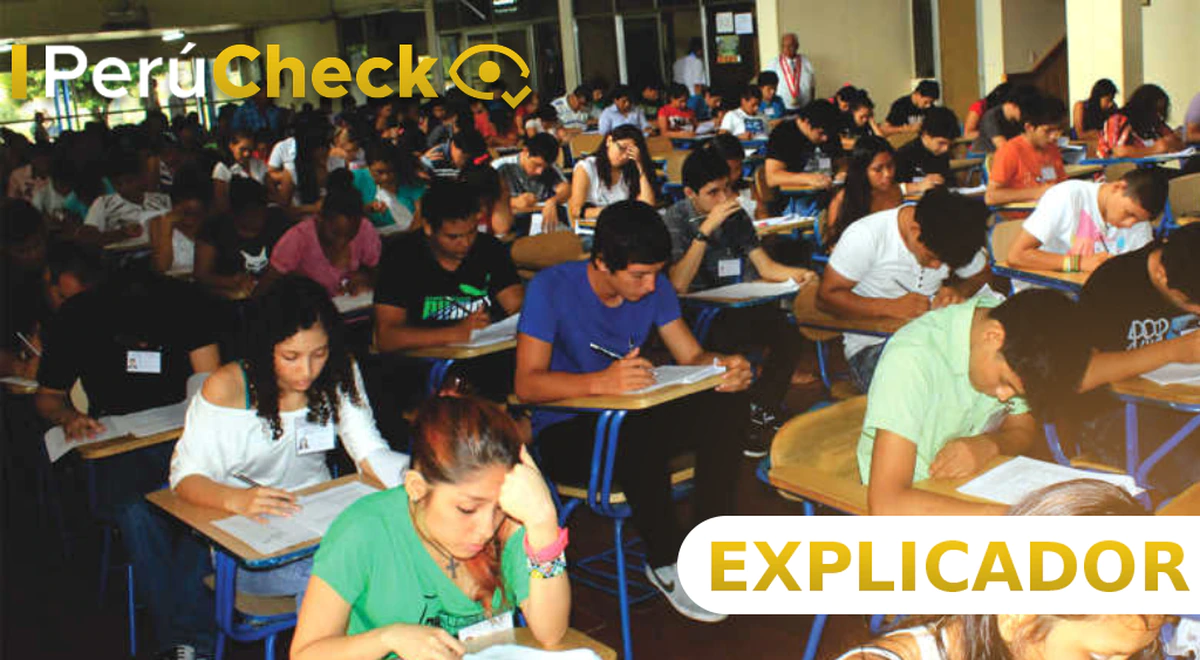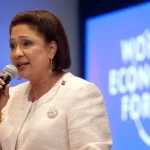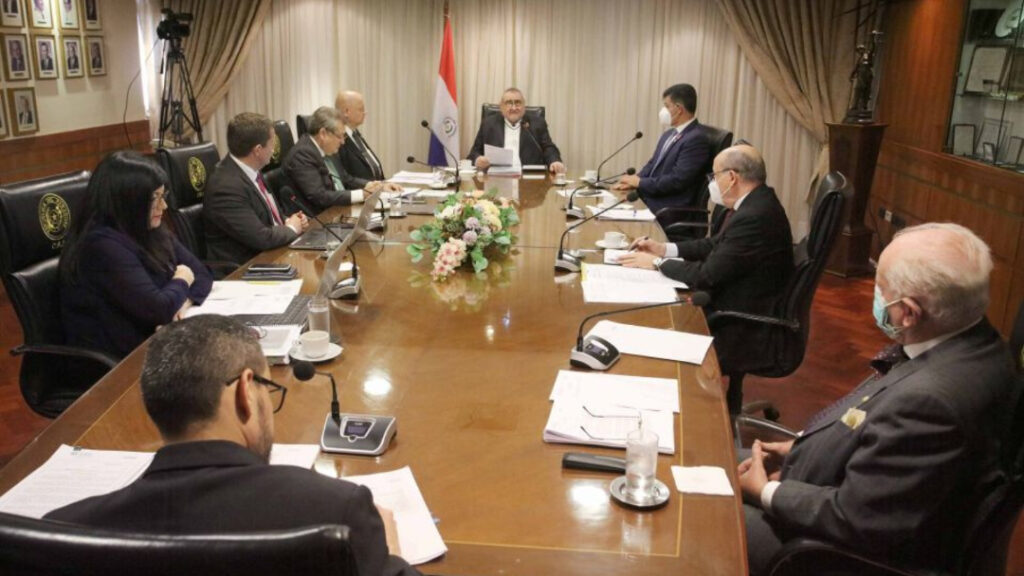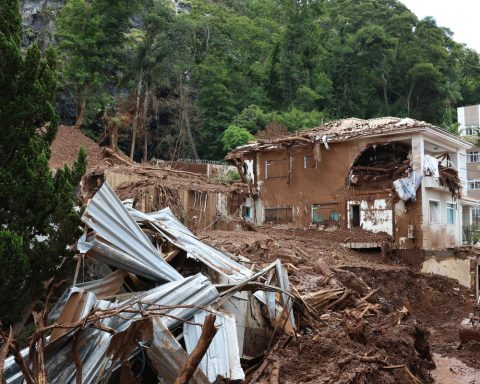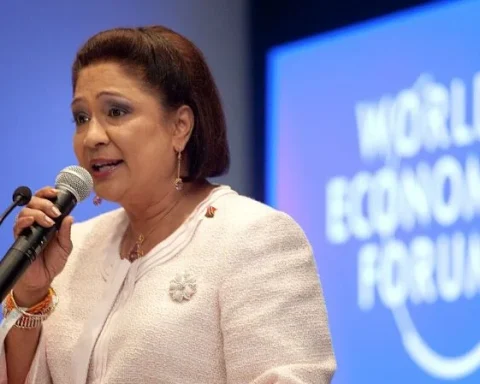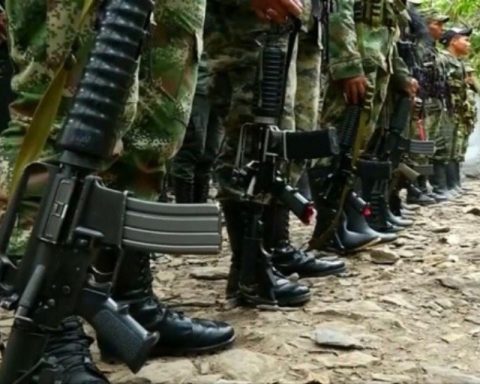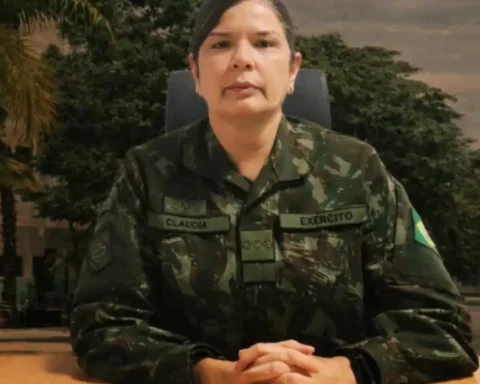In early July, Loreto gubernatorial candidate Jorge Mera offered to pay for higher education for young people with outstanding grades during an event as part of his election campaign.
In a video posted on facebookthe applicant for the Esperanza Amazon Region Movement (MERA) is heard saying: “Young man who is listening to me, who has very good grades and wants to do his profession, Jorge Mera and the regional government agree to pay for your studies at the National University of the Peruvian Amazon (UNAP), at the country’s university, at any university in the world. […] and that young man who finished his university and want study a master’s degree and doctorate, if we see that it has outstanding grades, we will also invest there”.
These types of proposals may sound unfeasible or even suggest that they could constitute a fault, since it is an economic offer by a candidate, in this case, for regional governor. However, PeruCheck consulted with specialists in education, electoral processes and government contracting, who explained that these initiatives can be considered positive, as long as there is a specific project behind.
Despite his proposal, the government plan for the Loreto region 2023-2026 of the candidate for the governorship of Loreto Jorge Mera does not contain the promise of subsidizing higher education of students with outstanding grades or who are in the upper third or fifth. Nor does it refer to scholarships nor is it detailed how it will make it possible for this support to materialize.
The former Minister of Education Daniel Alfaro gave his scope regarding this proposal. According to what he said, the candidate —if he becomes regional governor of Loreto— needs to allocate a specific budget to comply with this initiative and have a strategic plan.
“Suppose you have the resources, can you really do it? (…) As it mentions ‘high grades’, it could refer to students who, at least, are within the upper third. But even so, there must be a high number of students. The best would be that from that upper third, select about 10 or 15through an exam. They would be the beneficiaries of what could be considered scholarships in Lima or outside the country”, he pointed out.
Another way to do it is through an alliance with the National Program of Scholarships and Educational Credit (Pronabec). “Regional governments have autonomy to decide the best development policies in their region. Helping young people to continue their studies could be a good policy, but must find the feasibility to make these subsidies effective, just like Pronabec does. They can replicate the model, for which they would have to make institutional arrangements, or they can weave an alliance with this national program”, he specified.
He added that it is also possible to manage the support of private companies, if it is a small number of students, or seek financing from social responsibility projects that have an impact in the region. However, he clarified that just as the candidate Mera and without a concrete plan, it cannot be considered feasible.
“The proposal is quite complex in terms of the resources that would be needed to set it up, even more so if it is intended to take students outside of Loreto. This would increase the cost much more. And if I had the resources, Loreto is one of the regions with the lowest learning results reading and math. Maybe I should invest and focus policies on those other aspects of education,” she stressed.
The 2018 Student Census Evaluationcarried out by the Ministry of Education (Minedu), revealed that the jungle regions report the lowest levels. Loreto reflected the most adverse reality of this group. In that region, only one in 10 fourth graders fully understands what he reads and one in 20 successfully solves mathematical problems. Both figures are below the national average.
On the other hand, the offer of universities, both public and private, and higher institutes, is not very high in this Amazonian region. According to the page of National Superintendence of Higher University Education (Sunedu), there two licensed public universities: the National University of the Peruvian Amazon (UNAP) and the National Autonomous University of Alto Amazonas (UNAAA). In relation to institutes, there are only one licensed: The Peruvian Institute of Business Administration – IPAE Iquitos.
For Mónica Yaya, former president of the Court of State Procurement Supervising Agency (OSCE), the proposal is possible to the extent that it contributes to the scope of the objectives of the jurisdiction and has the corresponding budget. “The initiative depends on the budget you have and, for this, you must present a project to the Ministry of Economy and Finance (MEF) and wait for this portfolio to grant the money, after its budget and functional analysis,” he said.
Likewise, it must be within the regional development plans and it is necessary to coordinate with the central government to avoid duplication of functions —well, there is Beca 18— and, therefore, misdirection of resources. The duplication of functions is related to the efficiency of public spending; There can be no double spending for the same purpose.
Finally, he said that “he does not consider it to be a bad proposal”, because the decisions are centralized and it would be positive if “the regional governments themselves decide which young students they will recognize for their efforts”. However, he warned that there is “a margin of susceptibility in the choice of beneficiaries” and that it cannot be allowed to be a tool to unduly favor those close to you.
In that sense, he stressed that regional governments are not characterized by making honest use of public resources. “I fear that they use these proposals to favor their relatives,” he said.
Other regional governments, such as Callao, have already launched programs to support dedicated students. However, this type of initiative can be used in the wrong way and benefit relatives.
For his part, the expert on electoral issues Jose Villalobos explained that the article 42of the Law of Political Organizationswhich refers to the delivery or the promise of delivery of gifts or objects of an economic nature, political proposals for study subsidies.
“That article refers to gifts or gifts that the candidate makes with his money. For it to be punishable, the offer has to come from the candidate’s resources, that would be considered vote buying, but this is not the case, offering studies is like promising to build a bridge or a school; they are projects or programs that will be carried out by the regional government”, he pointed out.
Case: regional government of Callao
For some years, the Regional Government of Callao, through the Administration Committee of the Educational Fund of Callao – CAFEDwith the support of educational institutions, for example, the Catholic University, grants scholarships aimed at young people with high academic performance and low economic resources who have finished high school in the top positions of its School of Talents.
But a former governor was investigated precisely by one of the programs of this committee. Walter Mori, In his capacity as a member of CAFED, he allegedly approved the exemption from the selection process to carry out two training events aimed at teachers from the first port, which would not have been carried out and thus generated a loss of 6 million soles to the national treasury.
PeruCheck unsuccessfully tried to communicate with the candidate for governor of Loreto Jorge Mera, through social networks, to find out exactly how he would implement the proposal indicated in this note.
conclusion
Regional governments have the capacity to manage social projects for the benefit of their region; however, subsidizing studies for young people with good grades depends on a number of factors for its viability. In the case of candidate Jorge Mera, in his work plan for the years 2023-2026, does not mention said initiative or how it would be carried out.
Explainer prepared by Paola Mendieta for the PerúCheck alliance
